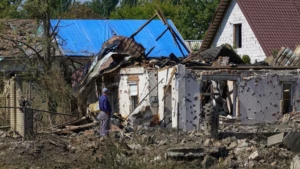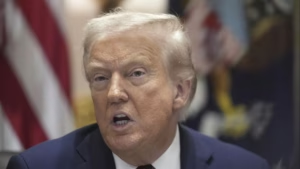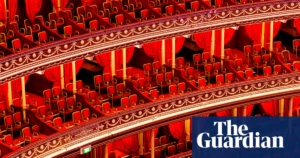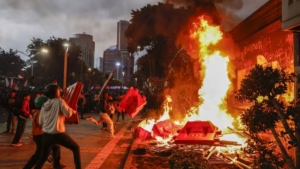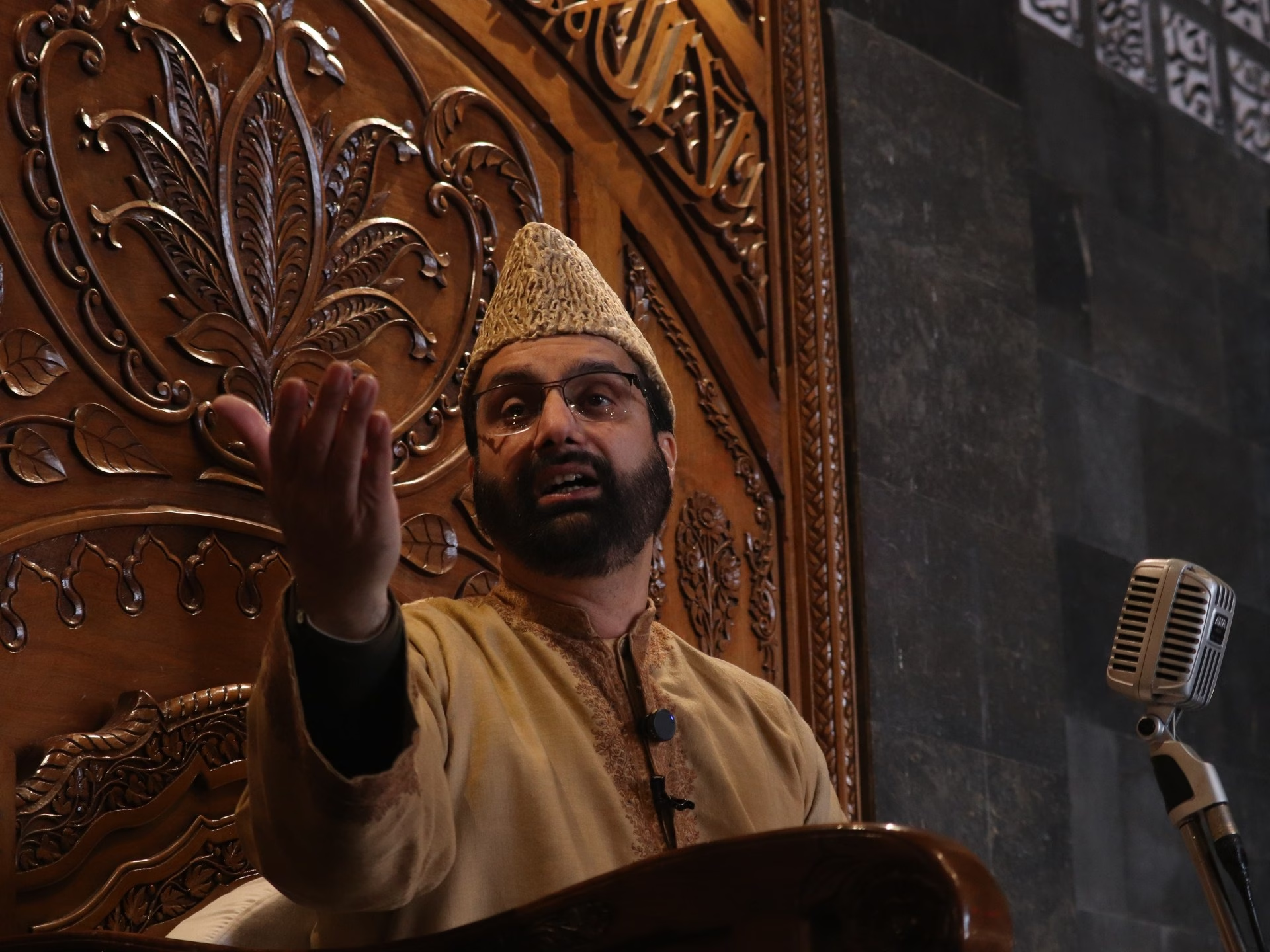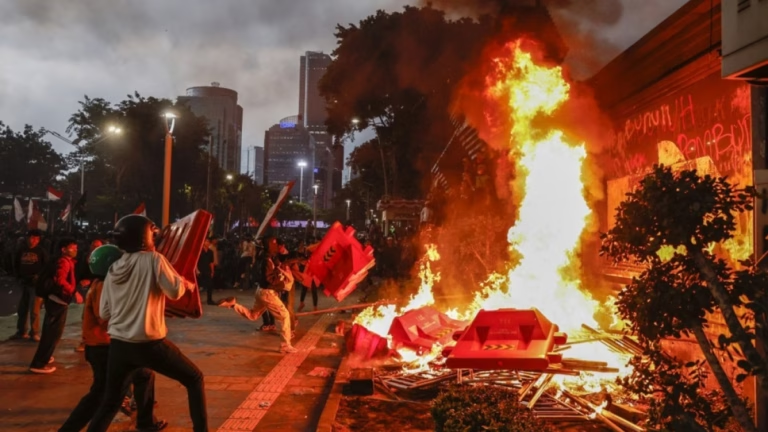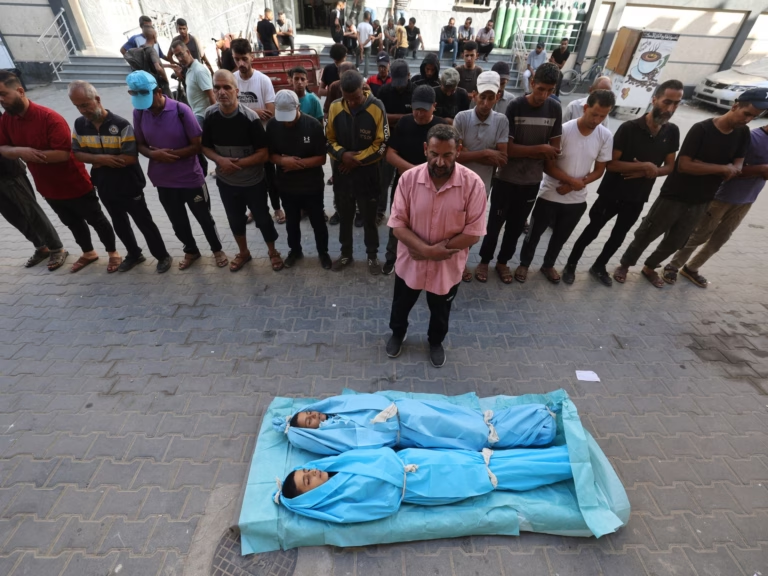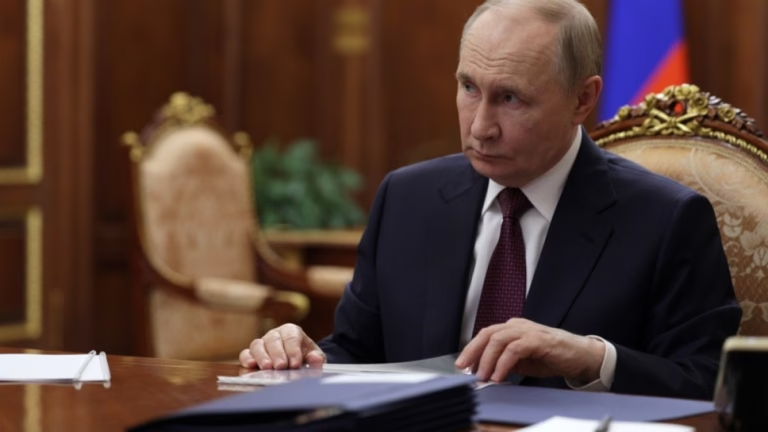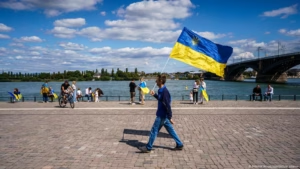In Srinagar’s Old City of Indian-administered Kashmir, the 14th-century Jamia Masjid, with its ornate wooden pillars and timeless grandeur, stands as a perennial symbol of both spiritual reflection and historical contention. This Friday, the mosque is a place of quiet worship for about 4,000 followers. The major spiritual and political figure, Mirwaiz Umar Farooq, long known for his fiery advocacy for Kashmir’s independence from India, now steps forward with a tone of reflection and a message bereft of the political fire that once defined his orations.
Addressing the congregation, Mirwaiz Farooq, appearing with grace yet caution in his golden-bordered white thobe and a brown Karakuli hat, extends his greetings to the global Muslim community. He prays for peace, unity, and strength, urging wisdom and righteousness amid challenging times. His cautiousness marks a stark shift from years ago when he was recognized for his powerful speeches that synergized religious messages with political fervor, calling for the valley’s independence through peaceful means when it was a cauldron of violence.
Historically, Kashmir has seen over 40,000 fatalities since the secessionist movement began in the 1980s, sparking a heavy Indian military presence. Farooq’s legacy was one of peaceful negotiation for an independent Kashmir when he led the All Parties Hurriyat Conference, advocating for a solution without violence or betrayal to the indecision.
The turning point came in 2019 when Prime Minister Narendra Modi’s government revoked Kashmir’s semiautonomous status, prompting a crackdown. Farooq, placed under house arrest, was released only in 2023. Since then, his speeches have tempered, focusing on scripture, patience, and communal harmony as political cues fade away. The community, divided, ponders whether Farooq is adapting to survive in a transformed Kashmir or losing his influence.
Farooq’s influence, always central at the Jamia Masjid which has also seen moments of closure under security restrictions, is now under scrutiny. Originally revered for his attempts at resolving Kashmir’s conflict diplomatically, including interactions with Indian officials and advocacy for troop withdrawal and demilitarization, his current approaches are viewed with suspicion by some, admiration by others, and a growing sense of irrelevance.
Rebounding from four years under house arrest, Umer Farooq appears cautiously recalibrated. Analysts and the public alike are left to ponder whether his recent engagements—attending parliamentary panels on Muslim endowments and political meetings—indicate a shift in his stance or a necessary political survival tactic in the face of a restrictive political environment.
The Jamia Masjid, with its 600-year history, remains a microcosm of the evolving political and spiritual dynamics in Kashmir. Mirwaiz Farooq, once a beacon of defiance and hope for independence, now navigates a delicate space between retaining his moral and religious authority and the reality of a heavily monitored and politically sensitive landscape. His strategic networking and symbolic presence, especially with Indian Muslims facing similar governmental scrutiny, suggest a complex act of balance between ideology and pragmatic survival.
Source: https://www.aljazeera.com/features/2025/8/30/kashmirs-top-cleric-was-a-fiery-freedom-advocate-now-he-preaches-patience?traffic_source=rss
